1. 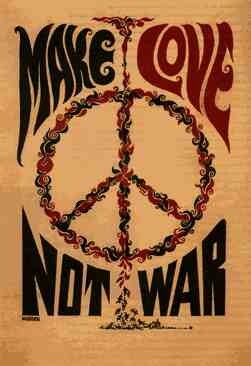
2. 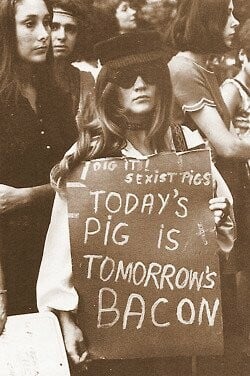
3. 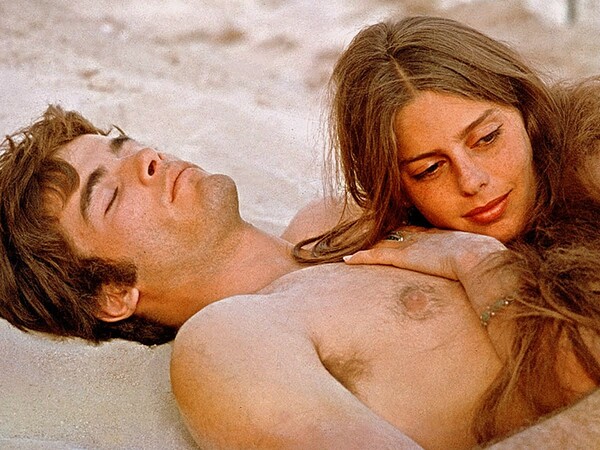
4. 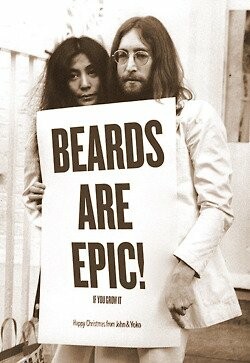
5. 
6. 
7. 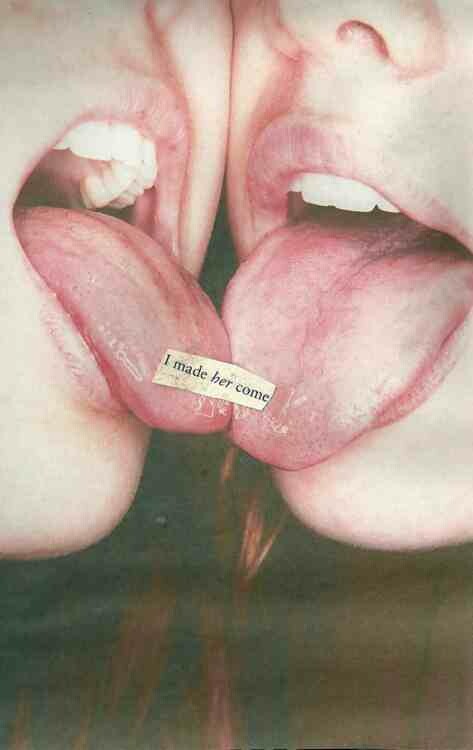
8. 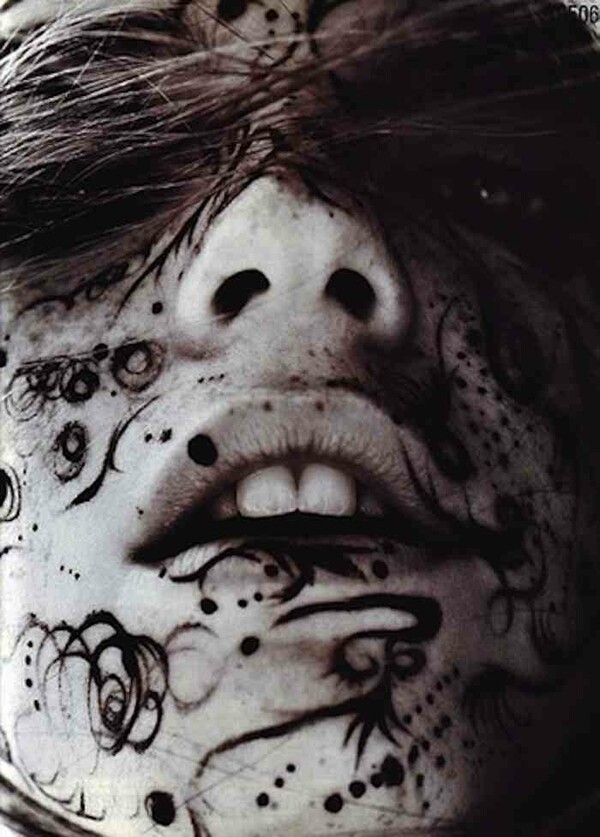
9. 
10. 
11. 
12. 
13. 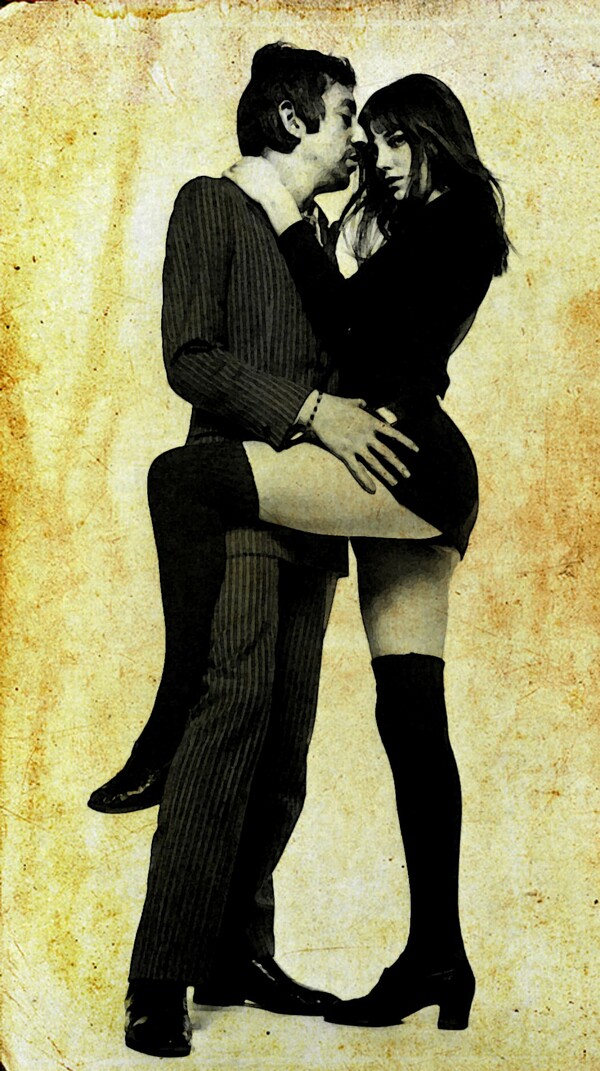
14. 
15. 
16. 
17. 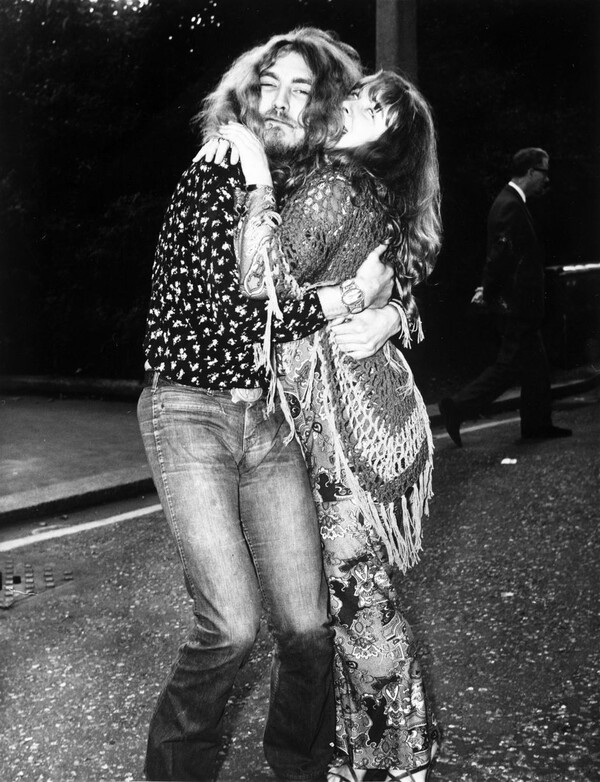
18. 
19. 
20. 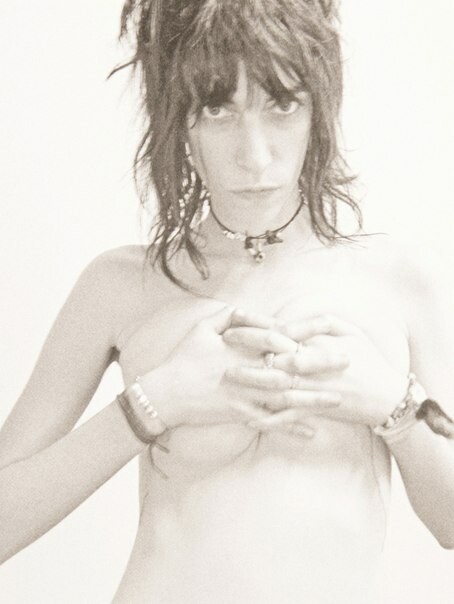
21. 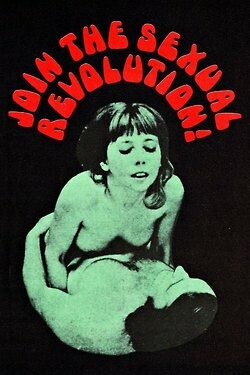
22. 
23. 
24. 
25. 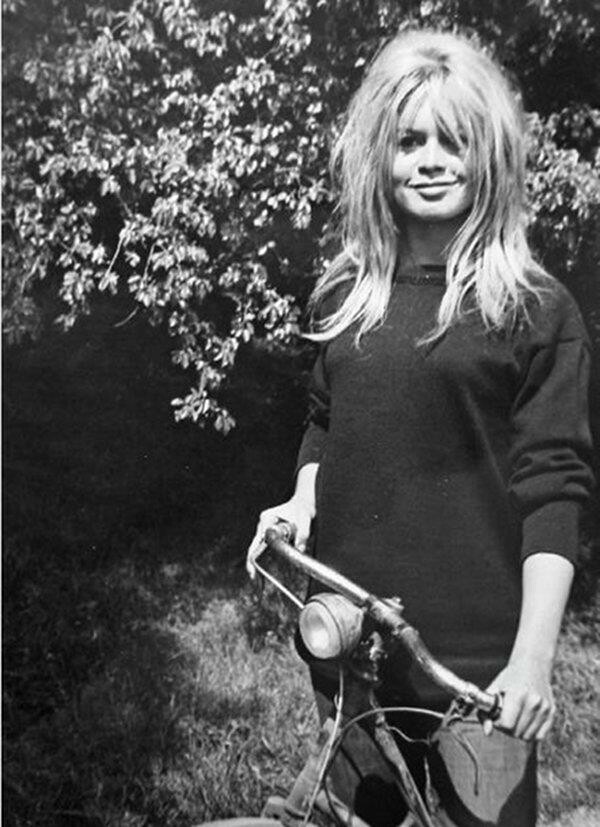
26. 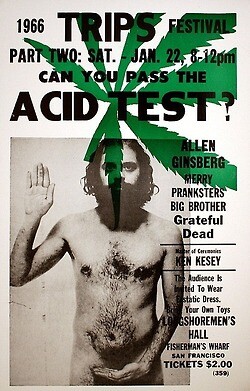
27.
___________________
Sexual revolution in 1960s United States
The 1960s in the United States are often perceived today as a period of profound societal change, one in which a great many politically minded individuals, who on the whole were young and educated, sought to influence the status quo.
Attitudes to a variety of issues changed, sometimes radically, throughout the decade. The urge to 'find oneself', the activism of the 1960s, and the quest for autonomy were characterised by changes towards sexual attitudes at the time. These changes to sexual attitudes and behavior during the period are often today referred to generally under the blanket metaphor of 'sexual revolution'.
Whilst the term 'revolution' implies radical and widespread change, this was not necessarily the case. Even in the 'liberal' sixties, conservative, traditionalist views were widely held, and many modern historians and social scientists are beginning to think that 'revolution' is too much of an overstatement.
Most of the empirical data pertinent to the area only dates back to 1962, somewhat muddying the waters.Despite this, there were changes in sexual attitudes and practices, particularly among the young. Like much of the radicalism from the 1960s, the sexual revolution was often seen to have been centered around the university campus, amongst students.
With its roots in the first perceived sexual revolution in the 1920s, this 'revolution' in 1960s America encompassed many groups who are now synonymous with the era.Feminists, gay rights campaigners, hippies and many other political movements were all important components and facilitators of change.
The modern consensus is that the sexual revolution in 1960s America was typified by a dramatic shift in traditional values related to sex, and sexuality. Sex became more socially acceptable outside the strict boundaries of heterosexual marriage.Changes in social norms
Studies have shown that, between 1965 and 1975, the number of women who had had sexual intercourse prior to marriage showed a marked increase. The social and political climate of the 1960s was unique; one in which traditional values were often challenged loudly by a vocal minority.
The various areas of society clamoring for change included the Civil Rights movement, (see SCLC and SNCC) the 'New Left', and women, with various women's rights organizations appearing in the latter years of the decade in particular. This climate of change led many, particularly the young, to challenge social norms.
With the success that the Civil Rights movement was having, others who wanted change knew that the time was ripe for them to bring it about. The combination of liberal government, general economic prosperity, and the ever present threat of nuclear annihilation marked the 1960s apart from any decade that had come before it, and whilst conservatism was by no means dead, liberalism enjoyed a widespread revival, which helped to facilitate the climate in which the 'sexual revolution' took place. Indeed, Lyndon Johnson was the first acting president to endorse birth control, a hugely important factor in the change of American sexual attitudes in the 1960s.
"The pill" provided many women a more affordable way to avoid pregnancy. Before the pill was introduced many women did not look for long term jobs. Previously, the typical women would jump out of the job market when she got impregnated and would reenter it when her child was of school attending age. Abortion was illegal and there were too many health risks involved in most illegal abortions. We can see a trend in the increasing age of women at first marriage in the decades between 1930-1970 after contraception was provided to non-married females. As part of the woman's quiet sexual revolution, pills gave women control over their future. In a way, the ability to pursue higher education without the thought of pregnancy, gave women more equality in educational attainment. Since women could have a choice to use birth control to finish their education, a higher percentage graduated from school and college ultimately gaining professional careers.
This was due in part to fears over illegitimate pregnancy and childbirth, and social (particularly religious) qualms about contraception, which was often seen to be 'messy' and unchristian. Modernization and secularization helped to change these attitudes, and the first oral contraception was developed in 1951 partly due to Women's Rights campaigner Margaret Sanger who raised $150,000 to fund its development.
While the Pill eventually came to be seen as a symbol of the Sexual revolution, its origins stem less from issues of women's sexual liberation and more from 1960s political agendas. In the early 1960s, President Lyndon Johnson instituted his social reform policy, The Great Society, which aimed to eliminate poverty and racial injustice.
During this time, the Pill was endorsed and distributed by doctors as a form of population control to counter the fear of over population which coincided with President Johnson's goal to eliminate poverty. By 1960, the Food and Drug Administration had licensed the drug. 'The Pill', as it came to be known, was extraordinarily popular, and despite worries over possible side effects, by 1962, an estimated 1,187,000 women were using it.
The pill divorced contraception from the act of intercourse itself, making it more socially acceptable, and easier to tolerate for many detractors than other types of contraception (which had been around for years).
Heralded as a technological marvel, the pill was a trusted product of science in an increasingly technological age, and was heralded as one of man's 'triumphs' over nature. It was often said that with the invention of the pill, the women who took it had immediately been given a new freedom - the freedom to use their bodies as they saw fit, without having to worry about the burden of unwanted pregnancy.
It was also not the case that the pill went completely unopposed. The Pill became an extremely controversial subject as Americans struggled with their thoughts on sexual morality, controlling population growth and women's control of their reproductive rights. Even by 1965, birth control was illegal in some US states, including Connecticut andNew York.
Campaigns by people like Estelle Griswold went all the way to the US Supreme Court, where on June 7, 1965 it was ruled that under the First Amendment, it was not the business of the government to dictate the usage of contraception by married couples. Unmarried women who requested gynecological exams and oral contraceptives were often denied or lectured on sexual morality. Those women who were denied access to the Pill often had to visit several doctors before one would prescribe it to them. In 1972, a further ruling in Baird extended that right to unmarried couples.
Women's rights movements also heralded the pill as a method of granting women sexual liberation, and saw the popularity of the drug as just one signifier of the increasing desire for equality (sexual or otherwise) amongst American women. The pill and the sexual revolution was therefore an important part of the drive for sexual equality in the 1960s.
As a consequence, the pill and the sexual freedom it provided to women are frequently blamed for what many believe are regressions in quality of life. Since the sexual revolution, out-of-wedlock births, sexually transmitted diseases, teen pregnancy, and divorce have all risen considerably. Since the 60s, marriage has declined by a 1/3 and divorce has doubled. During the 1960s there were only four big STDs, now there are twenty-four. Since the sexual revolution, children living in single-parent families has tripled.
Feminism and Important Literature
Feminist movements combined with important Literature such as Betty Friedan's Feminine Mystique helped change peoples concepts of the Woman's role in relation to sex. In the Feminine Mystique, Friedan tackles the issue of the domestic role of women in 1960s America and the feeling of dissatisfaction with it. Friedan believed that Women should not conform to this popularized view of the feminine, (The Housewife) and that they should participate in, if not enjoy the act of sex. The book itself was very popular on college campuses, amongst the young and is synonymous with the counter-culture ethic. Its importance to 1960s feminism and the sexual revolution lies in that it created a new wave of thinking in regards to the domestic and sexual role of women in society.
Stonewall riots, gay rights, and the "undocumented" sexual revolution
Even in a time of unprecedented societal change, and burgeoning liberal views and policies, homosexuality was still widely publicly reviled, and more often than not was seen as a malaise or mental illness, instead of a legitimate sexual orientation. Indeed throughout the 1950s and 1960s the overriding opinion of the medical establishment was that homosexuality was a developmental maladjustment. Though doctors were supposed to act as objective scientists their conclusions undoubtedly reflected the biases of their cultural settings, which resulted in prejudices against homosexual behavior being cloaked in the language of medical authority and unproven claims being accepted by the majority of society as fact. Essentially, labeling homosexuality as a psychological condition prevented this oppressed minority group from legitimately being able to make demands for social and legal rights as well as cultural representation.
Homosexuals were often characterized as predatory deviants who were dangerous to the rest of society. For example, the Florida Legislative Committee, between 1956 and 1965, sought out these so-called 'deviants' within the public system, with the particular focus upon teachers. The persecution of gay teachers was driven by the popular belief that homosexuals did untold damage when around vulnerable young people as naive adolescents were considered easy prey to recruitment into homosexuality by perverse teachers attempting to unnaturally reproduce. In addition, Male homosexuals were often seen as inherently more dangerous (particularly to children) than lesbians, due to stereotypes and societal prejudices.
Many modern commentators on the gay sexual revolution in 1960s America allege that this area of the decade has been severely under emphasised, lacking the attention that they feel it deserves. While it cannot be said that the 'gay revolution' had as much impact as some others during the decade (the movement only really began to gain significant momentum and more public support during the 1970s), it is important to consider the part that the gay liberation crowd had to play in the overarching 'sexual revolution'.
Indeed in an age of sexual revolution and urban chaos many spontaneous acts of defiance occurred as homosexuals found creative ways to resist heteronormative social codes throughout the 1960s. Frank Kameny's Mattachine Society chapter, in Washington DC, campaigned openly for gay rights by confronting various federal agencies about their discriminatory policies in 1962 and 1963. Whilst by 1968 there were only fifteen gay and lesbian organizations in the United States, and the increase in numbers was considerably slow-paced, the appearance of a more militant approach to loosening the grip of prevailing norms contributed to widening the gay subculture to previously isolated homosexuals. Furthermore, the homophile movement had already set about undermining the dominant psychiatric view of homosexuality.
An instance of gay activism that had a substantial effect on the progress of gay liberation came in San Francisco on New Year's Eve 1964. A four day conference between gay activists and progressive Protestant ministers in May of that year resulted in the formation of the Council on Religion and the Homosexual and, in order to publicize its existence, a New Year's Eve dance was planned. However, on the night the police failed to honor their promise not to interrupt events with unnecessary interference and as a result arrests were made.This event was particularly significant for advancing the status of the homosexual community because when the case came to court the judge refused to prosecute the gay defendants and instead reprimanded and curtailed the police's tendencies to harass gays.The fact that Heterosexual ministers had defended the humanity of gay individuals and the courts had sided with homosexuals was proof that organized defiance could yield positive results for gay activists.
Another important element of the 'gay sexual revolution' is how the sex/gender system that was in place throughout the 1960s allowed forms of domination to continue to oppress minority groups, such as homosexuals. The Mattachine leaders emphasized how homosexual oppression was a socially determined pattern and held that strict definitions of gender behavior led men and women to unquestioningly accept social roles that equated 'male, masculine, man only with husband and father' and that equated 'female, feminine, women only with wife and mother.' These early homosexual emancipationists saw homosexual women and men as victims of a 'language and culture that did not admit the existence of a homosexual minority.' Ultimately, the way in which the homophile movement understood the roots of its ostracism and oppression reveals how the homosexual crowd fought for an expansion of rights based on similar theories that drove some heterosexual women to reject American society's traditional ideologies of sexual norms.
The Stonewall Riots of 1969 marked an increase in both public awareness of gay rights campaigners, and also in the willingness of homosexuals across America to campaign for the rights they believed that they were due. However, it would be misleading to conclude that resistance to homosexual oppression began with 'Stonewall'. As David Allyn has argued numerous acts of small-scale resistance are required for political movements to take shape and the years preceding 'Stonewall' played a role in creating the gay liberation movement. Arguably, the Stonewall Riots have come to resemble the pivotal moment in gay rights history largely because they are characterized by a great unrecorded oral history, which has allowed for myths to be used to fill in the gaps in the story, and precisely for this reason, enabled many members of the gay community to locate their lives and struggles within this narrative. Stonewall veteran Jim Fouratt has been identified as stating: "If you have a choice between a myth or a fact, you go with the myth." Whilst the Stonewall Riots were certainly a turning point in terms of precipitating an unparalleled surge of activism and organizing for gay rights, it was not the first example of rebellion against homophopia and intolerance. Moreover, gay life after 'Stonewall' was just as varied and complex as it was before. In the era following 'Stonewall' there was still a variety of approaches taken by homosexuals to propagate their message, which included not only the confrontational approach of 'Stonewall' but equally an attempt at assimilation into the broader community.
(Λήμμα στη wikipedia για την Σεξουαλική Επανάσταση στις δεκαετίες '60 και '70)
_______________


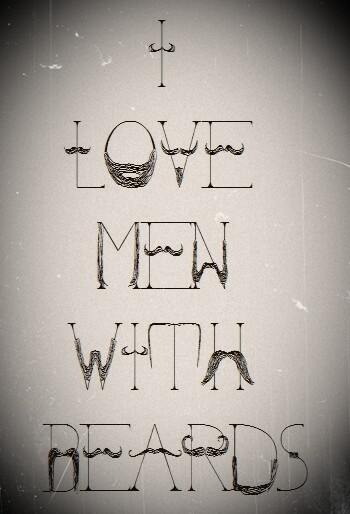




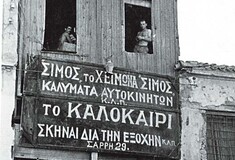
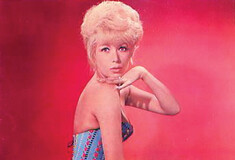
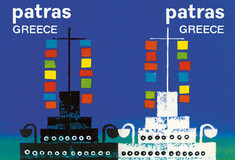
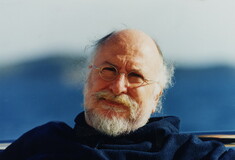










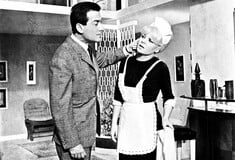














σχόλια